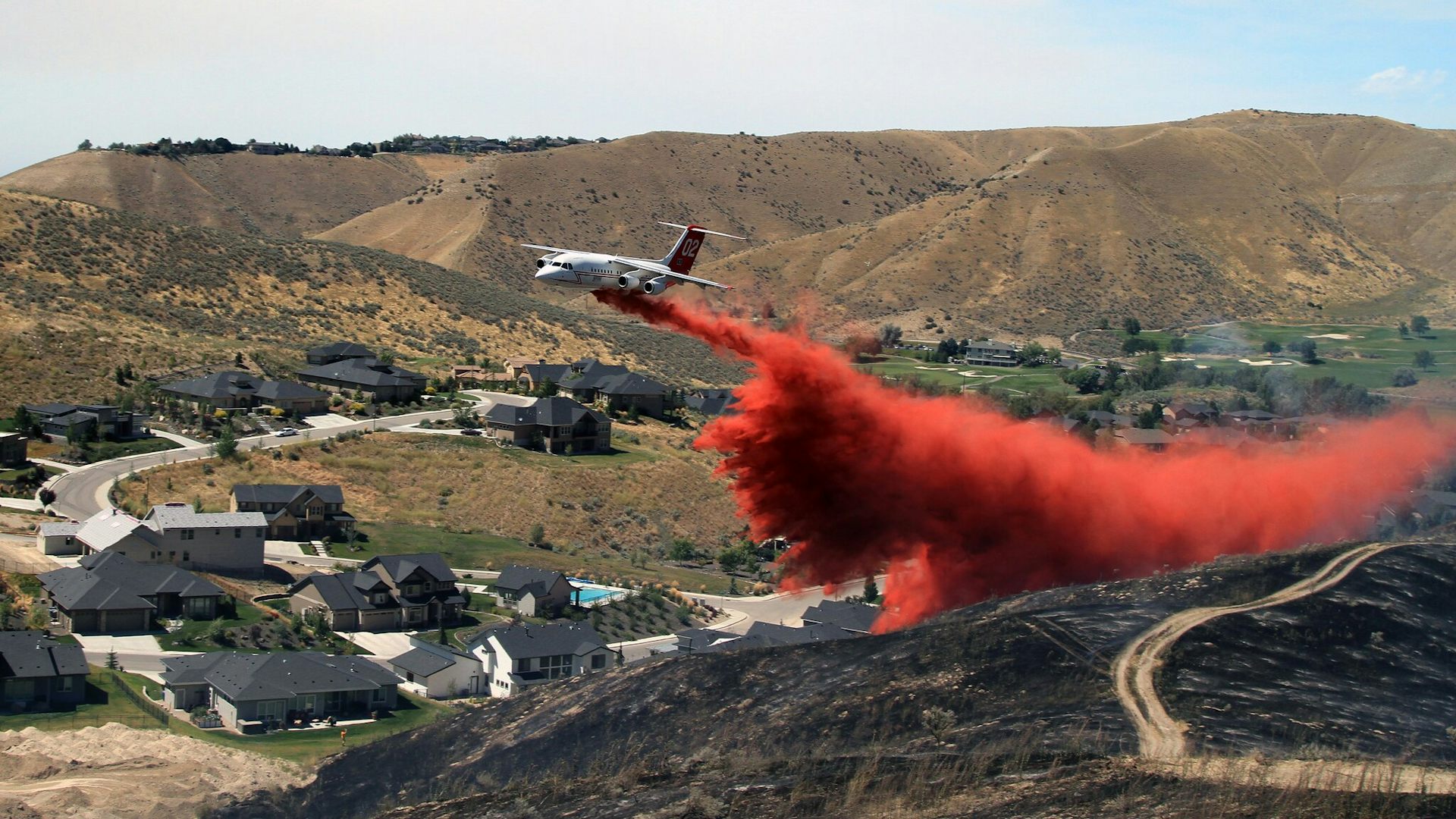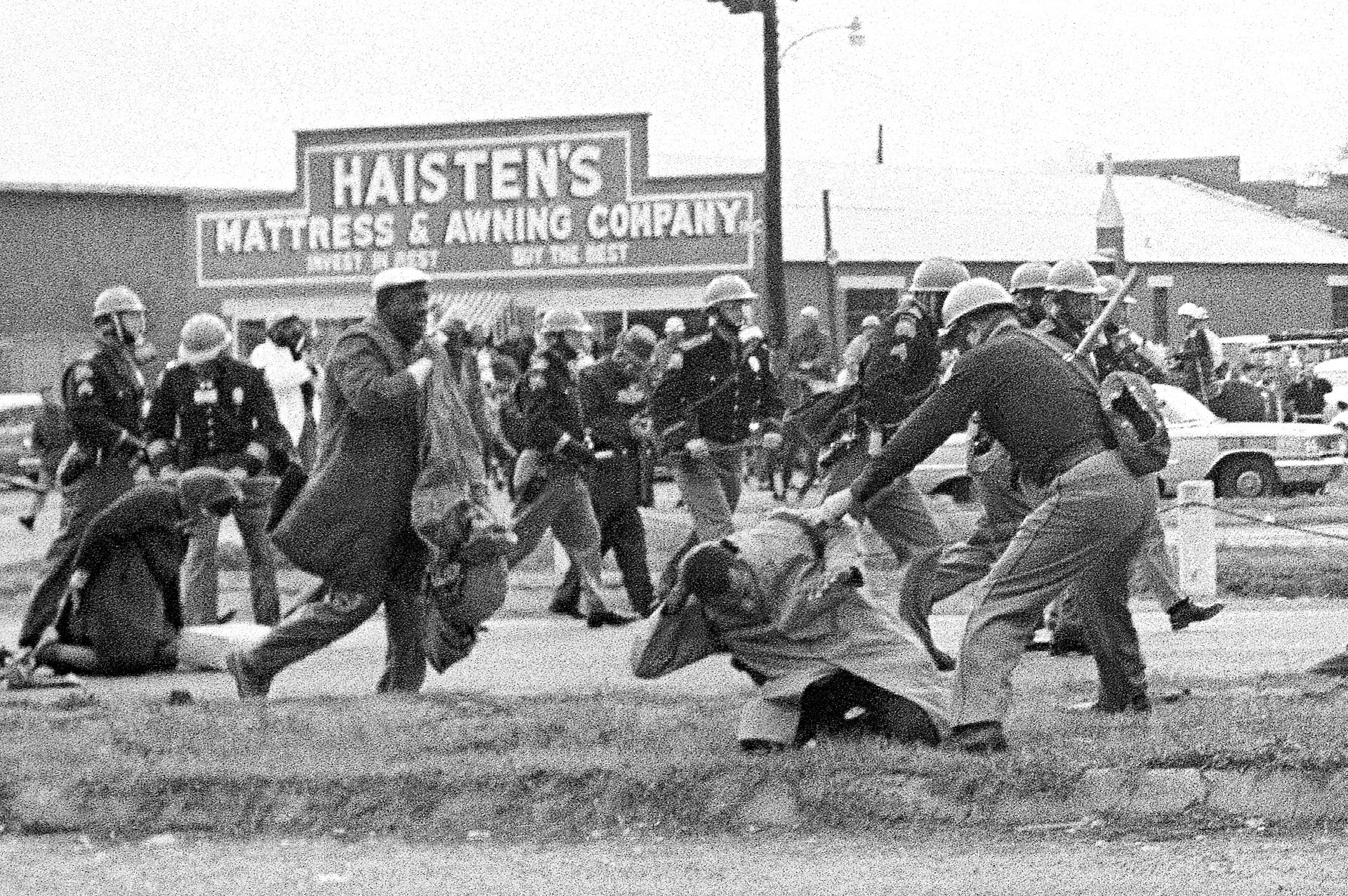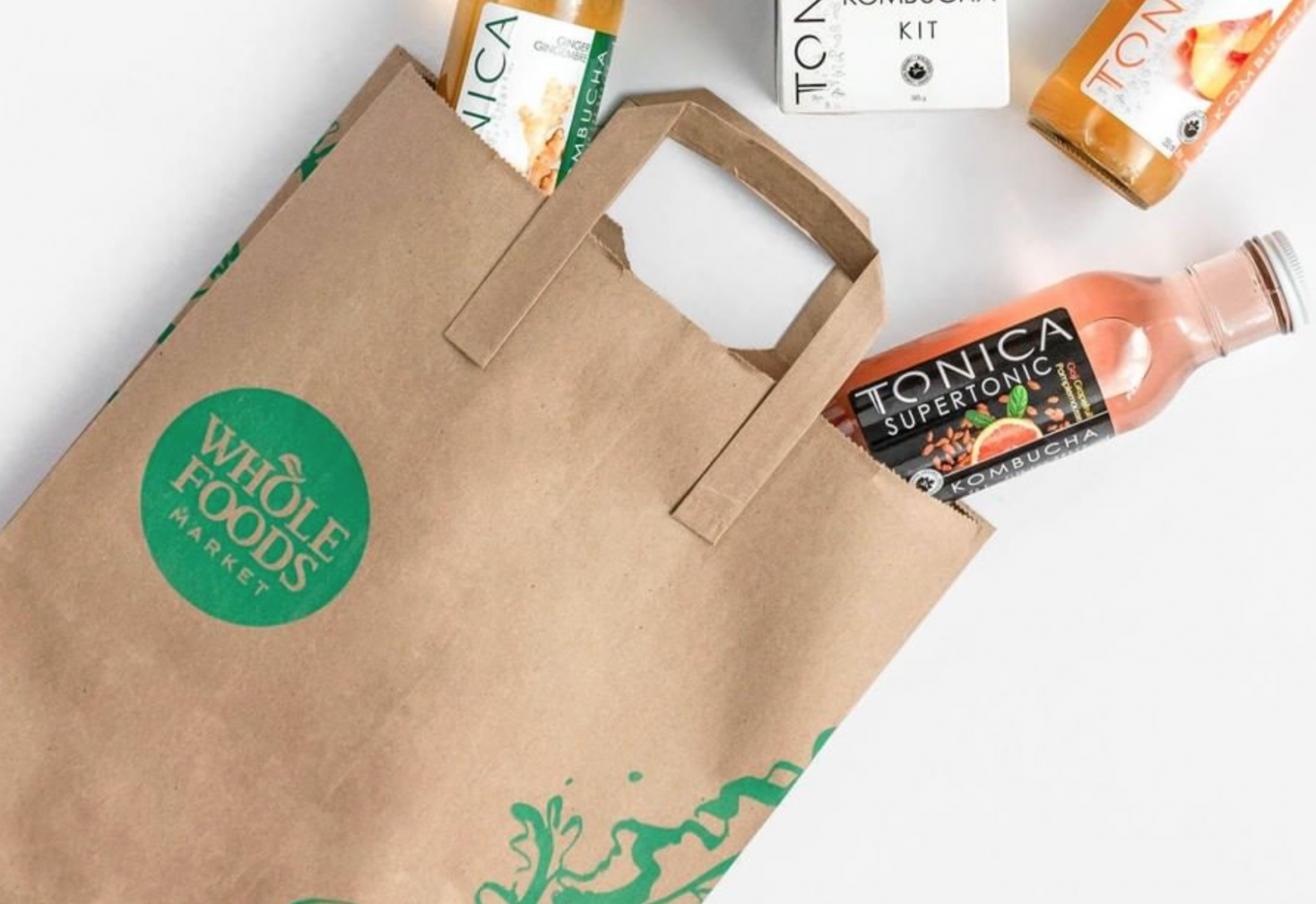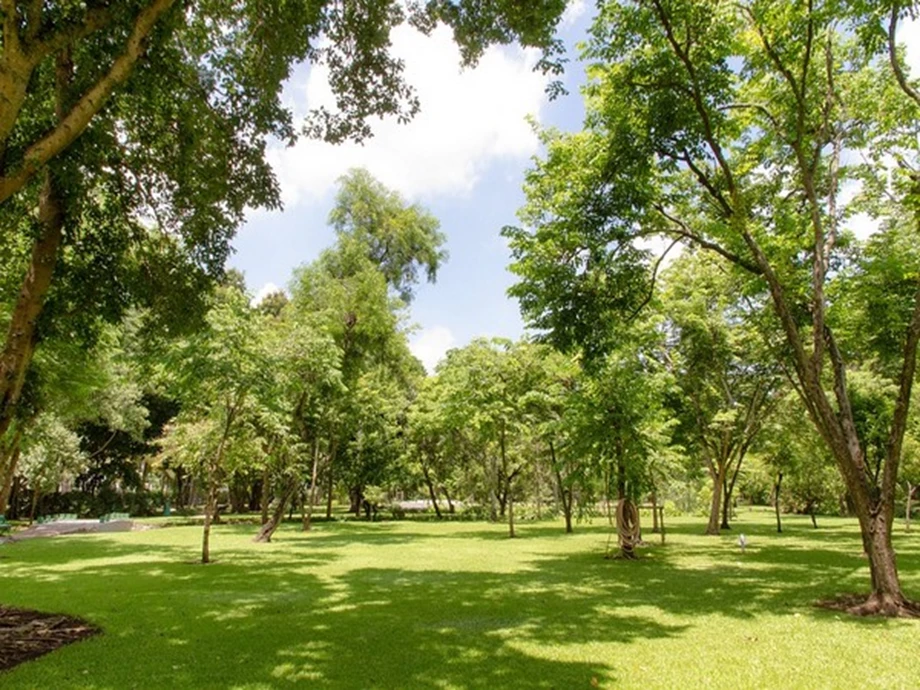Summer and fall are wildfire season across the western U.S. In recent years, wildfires have destroyed thousands of homes, forced hundreds of thousands of people to evacuate and exposed tens of millions to harmful smoke. Wildfires are a natural disturbance for these regions, but when combined with climate change and housing growth in the wildland-urban...
Local
Are We Medically Intervening in Maternity Care When We Don’t Need To?
Researchers from the School of Nursing and Midwifery at Trinity College Dublin have provided an international perspective on differences in key birth interventions as part of a European research network on understanding and contextualising physiological labour and birth (EU COST Action IS1405), which provides insights into maternity care practices and costs in Ireland. The School’s...
How the Images of John Lewis Being Beaten During ‘Bloody Sunday’ Went Viral
On March 7, 1965, Alabama state troopers beat and gassed John Lewis and hundreds of marchers on the Edmund Pettus Bridge in Selma, Alabama. TV reporters and photographers were there, cameras ready, and the violence captured during “Bloody Sunday” would go on to define the legacy of Lewis, who died on July 17. I’m a...
Whole Foods is Retaliating Against Employees Who Wear Black Lives Matter Masks to Work, Per New Lawsuit
Whole Foods Market has been named in a proposed class action lawsuit, with a pool of employees accusing the supermarket chain of racial discrimination and retaliation. According to the complaint that fourteen Whole Foods employees (the “plaintiffs”) filed in a federal court in Massachusetts on Monday, while “Whole Foods and its parent company Amazon have...
Anti-Asian Hate Crime During the COVID-19 Pandemic
Under the Hate Crime Statistic Act, hate crimes are defined as “crimes that manifest evidence of prejudice based on race, gender and gender identity, religion, disability, sexual orientation, or ethnicity.” Since the outbreak of COVID-19 in Wuhan, China, the United States has seen a surge of Asian Americans reporting racially motivated hate crimes. Earlier this month, University of Colorado Denver School...
How Local Governments Can Attract Companies That Will Help Keep Their Economies Afloat During Covid-19
As companies labor to stay afloat amid the coronavirus pandemic, some businesses that feel hemmed in by local or statewide workplace safety mandates, have threatened to relocate to more accommodating locations. Before the pandemic, governments offered packages of tax breaks, grants and loans to entice businesses to relocate and encourage businesses to employ more people....
Mental Health Benefits of Parks Dimmed by Safety Concerns
No matter how close parks are to home, perceptions of park-centered crime may keep New Yorkers from using them. Researchers at NYU Grossman School of Medicine found that New Yorkers are more likely to exercise in a park if they believe they live very close to it. In turn, they feel less anxious and less...
Two-Thirds of African Americans Know Someone Mistreated by Police, and 22% Report Mistreatment in Past Year
Sixty-eight percent of African Americans say they know someone who has been unfairly stopped, searched, questioned, physically threatened or abused by the police, and 43 percent say they personally have had this experience—with 22 percent saying the mistreatment occurred within the past year alone, according to survey results from Tufts University’s Research Group on Equity...
Ankle Monitors Could Stigmatize Wearers
Electronic ankle monitors – increasingly used as an alternative to incarceration – are bulky and difficult to conceal, displaying their wearers’ potential involvement with the justice system for all to see, according to a new article by a Cornell researcher. Though these monitors have been widely used since the 1980s, their design has not significantly...
Jurors Respond Negatively to Police Overreactions to Black Americans
As law enforcement’s use of body-worn cameras and dash cams has increased in the U.S., the growth of attorneys’ introduction of video evidence in court, including jury trials, has followed. Psychology and criminal justice researchers are now trying to determine the various influences of this footage, such as its impact on trial outcomes. One such...









:format(webp)/cdn.vox-cdn.com/uploads/chorus_image/image/65803819/1149645248.jpg.0.jpg)
